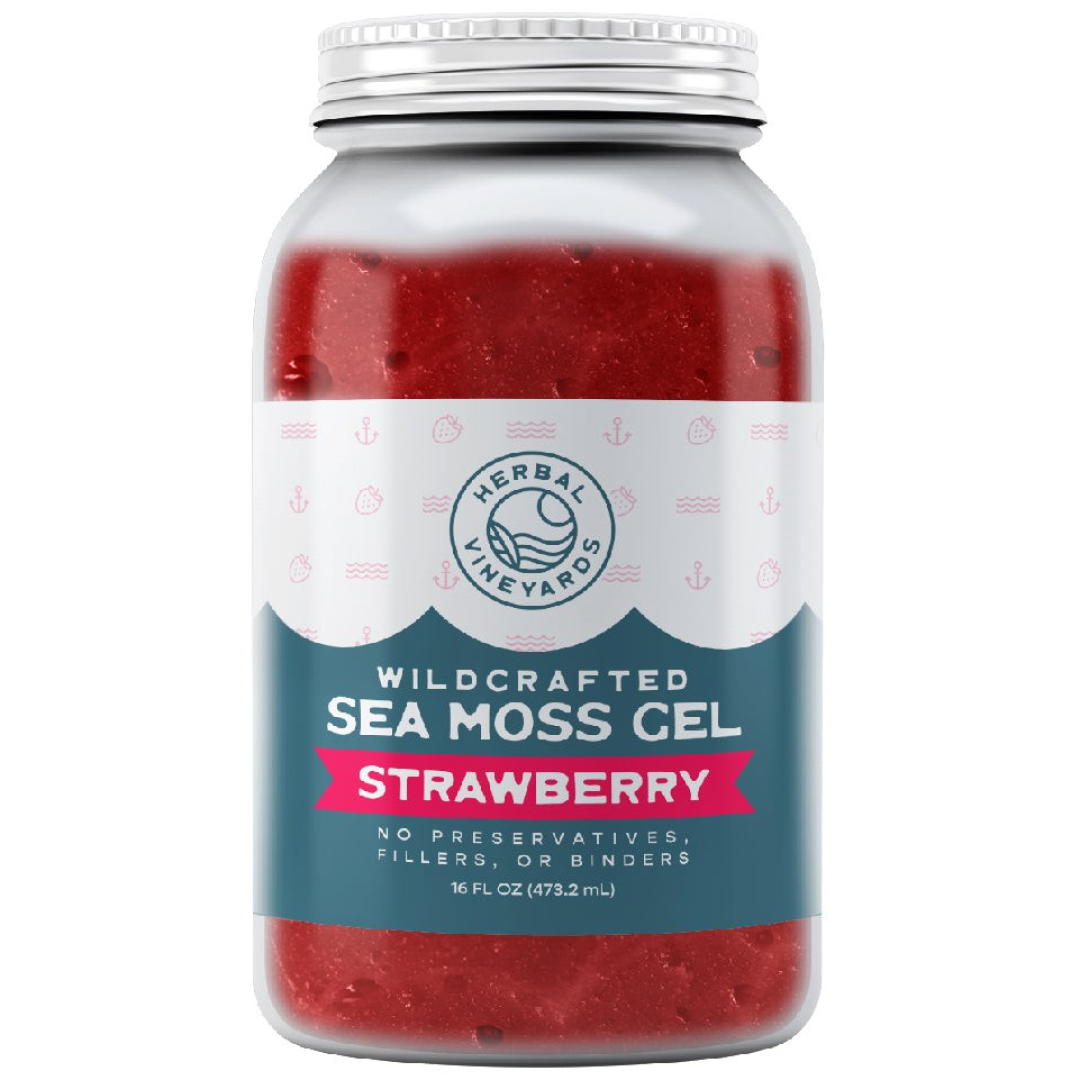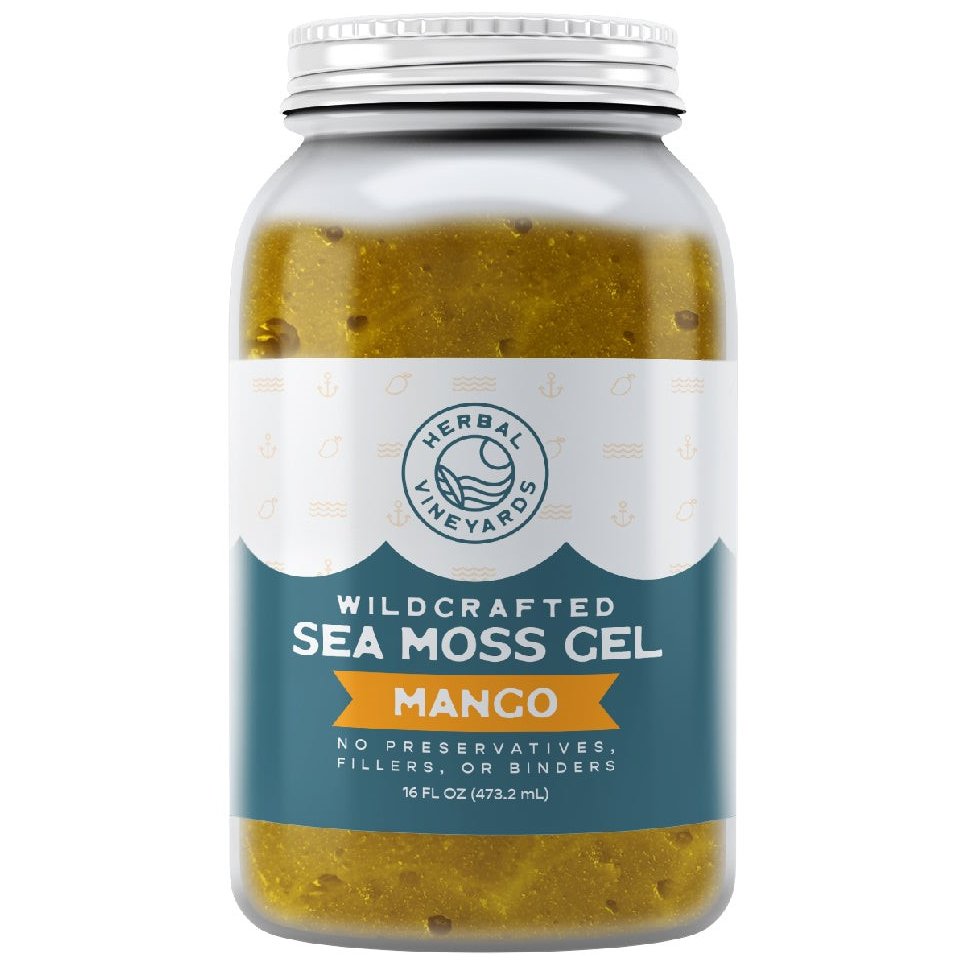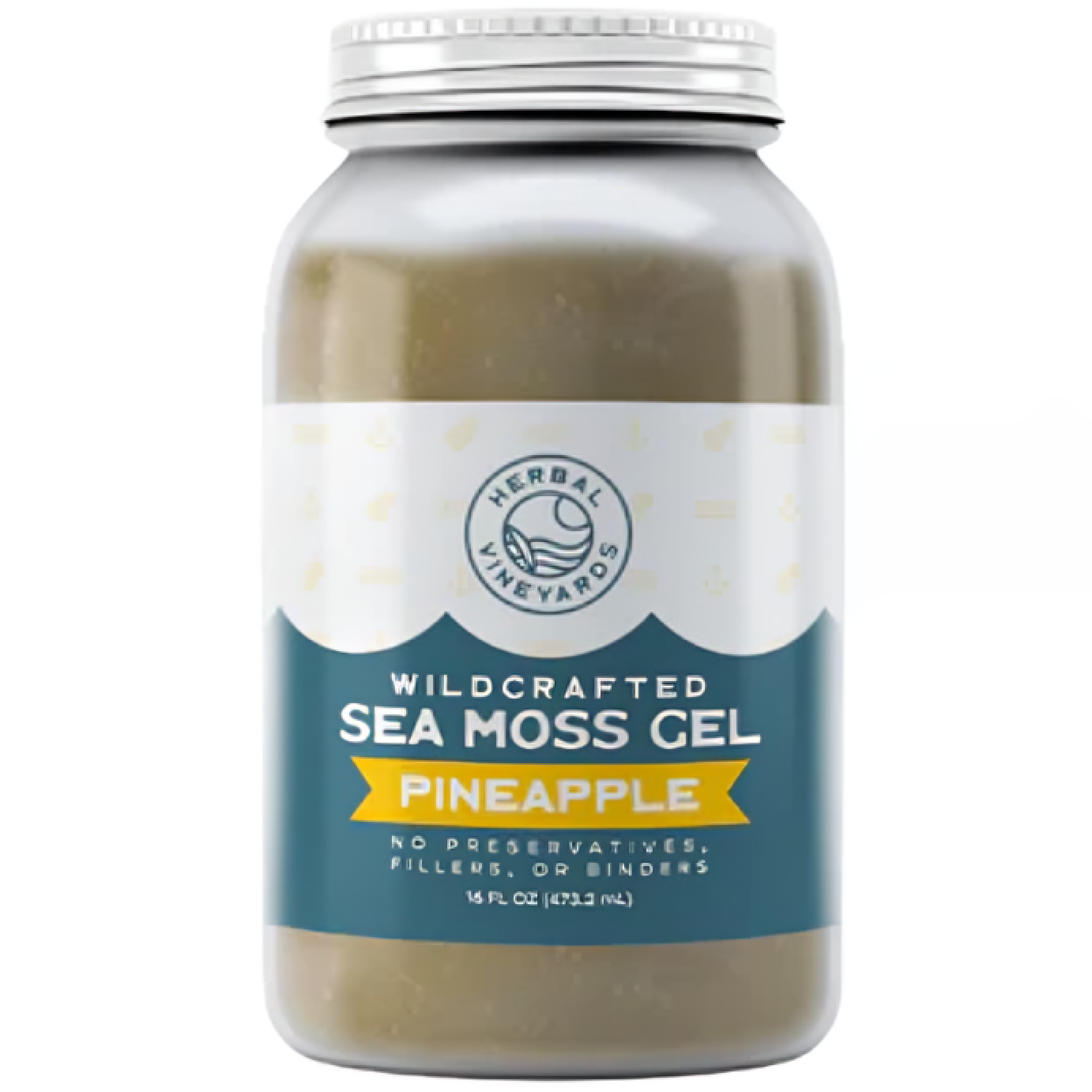Sea Moss for Leaky Gut
Seaweeds are famous among health-conscious individuals around the world. Scientific research on marine plants backs their applications, making them more unique. [More on it as we scroll down]
Sea moss is a seaweed that is marketed as a superfood. However, sea moss is undoubtedly the factory of multiple vitaminsand minerals essential for good health. Seeing the numerous nutrients, people usually call sea moss nature's multivitamin.
Benefits of Sea Moss:
It's no secret that sea moss benefits our body's overall health. The internet is flooding with numerous medical conditions that sea moss can help. From hormonal issues to neurodegenerative disorders and from sleep problems to appetite loss, sea moss is doing wonders for us.
Sea Moss for Leaky Gut:
One such medical condition sea moss can help with is leaky gut. The leaky gut syndrome affects the lining of the intestines. In this syndrome, the gaps in the intestinal wall cause bacteria and toxins to enter the blood circulation, leading to a wide range of medical conditions.
Sea moss is in the news for its remedial effects on leaky gut but does it help?
Let’s explore.
Sea moss is effective in promoting gut health. It has multiple ingredients that have spectacular effects on the digestive tract lining. Let’s study in detail how sea moss is beneficial for leaky gut.
1.Sea Moss Promotes Digestive Health:
Prebiotics are groups of nutrients, and sea moss is rife with probiotics. Seaweeds are a source of live bacteria and promote the health of gut flora. Sea moss contains fiber which improves the overall health of the digestive system. Not only does it cleanse the digestive tract, but this seaweed also contains various sugars that promote the growth of good flora in the gut.2. Feeling of Fullness:
Consuming sea moss also makes you feel full and prevents overeating. The carrageenan content of sea moss is responsible for the loss of appetite. In addition, sea moss is helpful for the leaky gut as it takes the pressure off the digestive tract and, at the same time, delivers the needed nutrients to the body.
3. Anti-inflammatory Properties:
Sea moss possesses anti-inflammatory properties. In addition, it tackles any sort of swelling and irritation in your gut. Sea moss is particularly helpful for leaky gut through the action of lysozymes and immunoglobulins.
4. Healthy Immune System:
Sea moss contains a bunch of vital nutrients. Multivitamins and minerals are essential for the normal functioning of our immune system, and sea moss can provide you with all these nutrients. In addition, sea moss helps against leaky gut as it makes your immune system strong enough to fight against any toxin that enters the bloodstream.
Conclusion:
We can suggest sea moss for the leaky gut with all the above points. Sea moss has positive effects on our body, especially the gut area. Unfortunately, there is little scientific evidence for using sea moss for leaky gut. However, there's no harm in giving it a try and seeing if it helps the cause or not. Another reason why you should include sea moss in your daily food is because it's full of essential vitamins and minerals. So giving it a try won’t cause any significant harm.
You can add sea moss to your daily dishes and see how your body responds to it. We suggest you buy sea moss from stores that sell good quality products. Check our collection at the Herbal Vineyards and purchase quality products at minimum prices.
References:
Liu J, Kandasamy S, Zhang J, et al. Prebiotic effects of diet supplemented with the cultivated red seaweed Chondrus crispus or with fructo-oligosaccharide on host immunity, colonic microbiota and gut microbial metabolites. BMC Complement Altern Med. 2015 Aug 14;15:279. https://pubmed.ncbi.nlm.nih.gov/26271359/
Slavin J. Fiber and prebiotics: mechanisms and health benefits. Nutrients. 2013 Apr 22;5(4):1417-35. https://pubmed.ncbi.nlm.nih.gov/23609775/
Gomez-Zavaglia A, Prieto Lage MA, Jimenez-Lopez C, et al. The Potential of Seaweeds as a Source of Functional Ingredients of Prebiotic and Antioxidant Value. Antioxidants (Basel). 2019;8(9):406. https://www.ncbi.nlm.nih.gov/pmc/articles/PMC6770939/
Shop Our Sea Moss Products:
Herbal Vineyards' Best Selling Products







